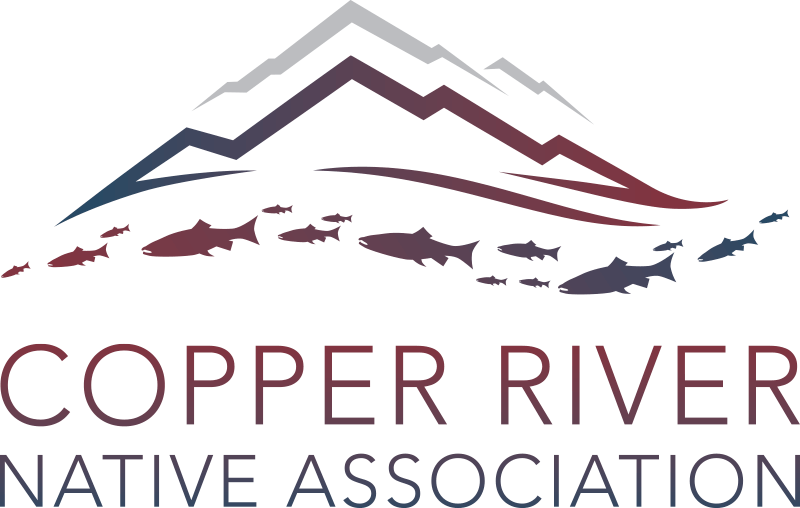Updates Archive
New Extended Hours at CRNA:
Ensuring Accessible Urgent Care for Our Community
As the sun sets earlier and the days grow longer, so do the hours of availability at Copper River Native Association’s Medical Services. In our continuous effort to serve our community better, we are excited to announce extended hours for our Urgent Care services.
New Extended Hours:
Thursday & Friday Open Until 8:00 PM
Saturday 8:00 AM – 8:00 PM
Regular Hours:
Monday / Wednesday / Friday 8:00 AM – 4:30 PM
Tuesday / Thursday 8:00 AM – 5:30 PM
Why Extended Hours?
In our community, we understand that healthcare needs don’t always follow a 9-to-5 schedule. Our new extended hours are designed to offer flexibility and convenience, ensuring that you can receive urgent medical care when you need it.

What is Urgent Care?
Urgent Care is for when your health needs are pressing and you can’t wait for a Primary Care visit. At CRNA Urgent Care, we handle a variety of urgent medical needs, including but not limited to:
- Sprains, strains, and broken bones
- Difficulty breathing or chest pain
- Other urgent health issues
Should you have any doubts about your condition, our dedicated Urgent Care Line is always available to assist.
What is a Primary Care visit?
Unlike Urgent Care, which addresses immediate health concerns, a Primary Care visit is focused on your ongoing health and preventative care. These visits with your regular doctor are key to managing your overall health and wellness over time. In a Primary Care setting, you can expect:
- Routine health check-ups and physicals, essential for tracking your health status.
- Vaccinations and immunizations, crucial for preventing illnesses.
- Management of chronic conditions, ensuring they are kept under control and don’t escalate.
Pilot Program:
CRNA’s Urgent Care is a pilot program that we are running for the winter months from January through March 2024. The aim of this program is to provide extended service hours tailored to meet the heightened urgent care needs of our community during this period. Following March 2024, we will conduct a thorough assessment of the program’s impact and effectiveness. This evaluation will inform our decision on the operational sustainability of the program. Our commitment is to ensure that our healthcare services evolve in alignment with the needs and well-being of our community.
Conclusion:
Healthcare is a journey, and we are here to walk with you every step of the way. With our new extended hours for Urgent Care services, we hope to make this journey a little easier and a lot more convenient. Don’t wait for the care you need; call our dedicated line for assistance.




